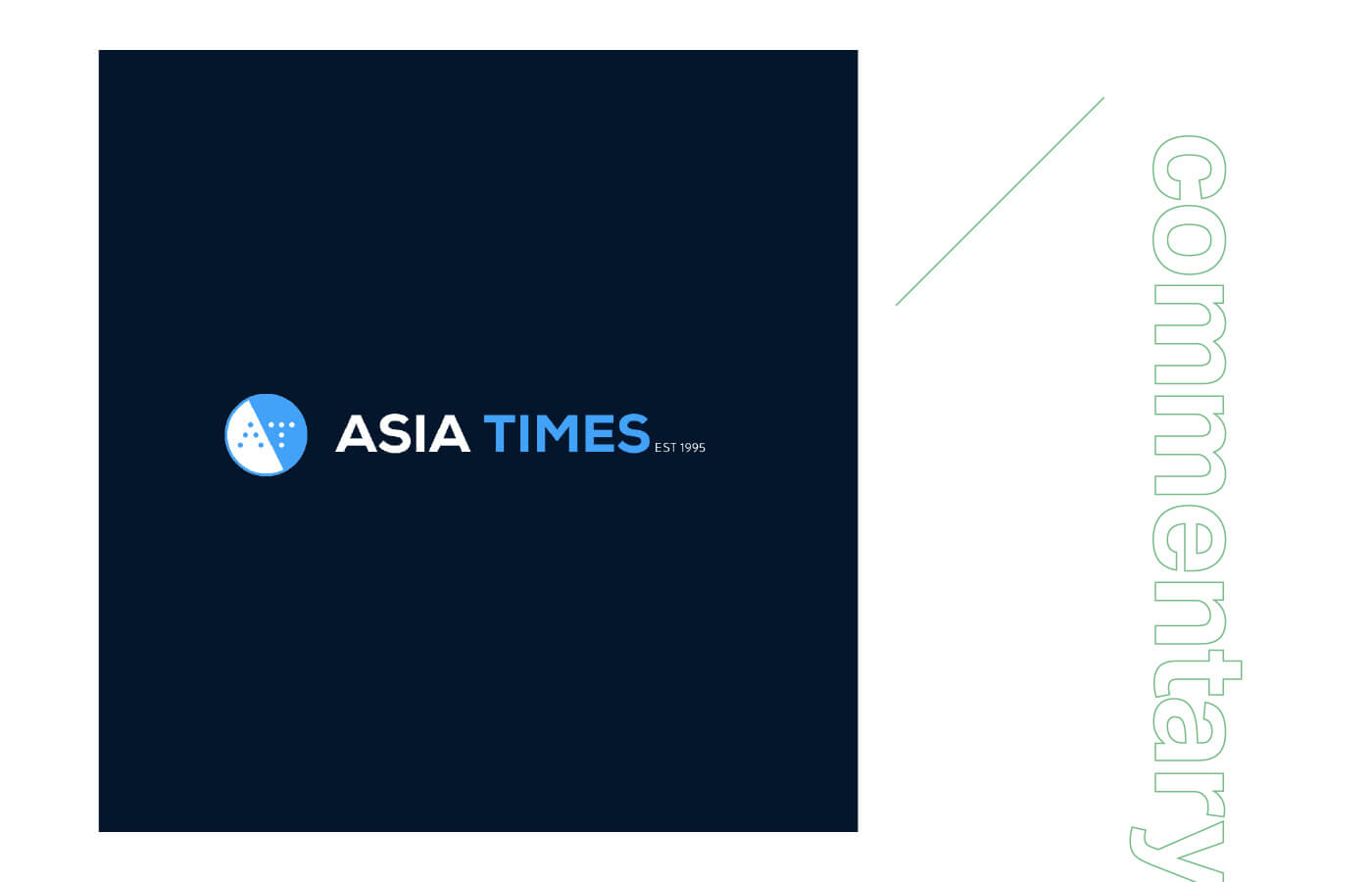By Sutharee Wannasiri in Asia Times
Four years ago this week, the Thai military ousted an elected civilian government, seizing control of the country’s administration with an empty promise to restore peace and order and foster reconciliation.
Ever since, Thai citizens have been living under severe restrictions of their fundamental rights and freedoms. Citizens who expressed critical opinions of the National Council for Peace and Order (NCPO), as the ruling junta calls itself, or engaged in peaceful protests have been subjected to arbitrary detention, intimidation, and criminal prosecution.
Press freedom in Thailand has been under particular attack. According to the Internet Law Reform Dialogue, or iLaw – a Thai non-profit organization that promotes democracy and monitors freedom of expression – the NCPO has summoned at least 35 reporters for “attitude adjustment” and prosecuted 14 reporters under politically motivated charges.
NCPO orders No 97/2557 and No 103/2557 prohibit media outlets or individuals both on traditional and social media from distributing information regarded as “malice,” “false information,” or with an “aim to discredit” the junta. These orders in effect restrict all forms of criticism of the military authorities, erode media freedom, and increase online and offline censorship.
Since the 2014 military coup, the National Broadcasting and Telecommunications Commission (NBTC) – a national media regulator – has suspended licensing for media outlets on 52 separate occasions. The NBTC claimed that those media outlets’ programs contained content that “could lead to confusion, could provoke conflict, or could cause social division” in violation of NCPO orders No 97/2557 and No 103/2557.
It’s not only the military authorities who are targeting and restricting journalists’ abilities to do their jobs. Business enterprises have also attempted to silence journalists who reported on their controversial practices.
The Tungkum case
This week, one day before the fourth anniversary of the coup d’état, four journalists from Thai Public Broadcasting Service (Thai PBS) were in the Criminal Court in Bangkok facing criminal-defamation charges brought by Tungkum Ltd, a controversial mining company operating in Loei, a province of northeastern Thailand bordering Laos. The journalists’ alleged crime? Reporting on environmental impacts potentially linked to the company’s gold mine.
On November 12, 2015, Tungkum filed its initial complaint against Thai PBS and several of its journalists: Wirada Saelim, Somchai Suwanbun, Korkhet Chanthalerdlaks and Yothin Sitthibordeekul. The company alleged violations under Sections 326 and 328 of Thailand’s Criminal Code, Sections 14 and 16 of the 2007 Computer-related Crimes Act, and other laws.
The complaint related to a citizen-journalist news clip about a youth camp involved in raising awareness of environmental issues in Wang Sa Phung district, Loei province. In the clip, a 15-year-old schoolgirl from a village located near a Tungkum mine alleged that villages in the area had been “environmentally affected by the gold-mining industry.” Tungkum filed criminal complaints against the schoolgirl as well as Thai PBS and its journalists for the report.
In its complaint against Thai PBS and its journalists, the company sought 50 million baht (US$1.4 million) in compensation for damage to its reputation and revocation of Thai PBS’s operating license for five years.
On November 16, 2016, the Criminal Court in Bangkok dismissed the complaint, finding that it lacked merit because Thai PBS and its journalists had acted professionally and relied on credible sources, including government agencies and local residents. But on March 20 this year, the Appeal Court disagreed, finding sufficient evidence to proceed with charges under Sections 326 and 328 of the Thai Criminal Code, but not Articles 14 and 16 of the 2007 Computer-related Crimes Act.
If convicted, the four journalists face up to two years’ imprisonment or a fine of up to 200,000 baht.
Tungkum Ltd has brought at least 19 other criminal and civil lawsuits against 33 Loei residents, including members of the Khon Rak Ban Kerd Group (KRBKG) – a community-based environmental organization actively engaged in protesting local gold-mining operations – in the past eight years. Through these lawsuits, the company has sought 320 million baht in compensation.
Freedom of expression and press freedom are guaranteed under Sections 34 and 35 of the 2017 Thai constitution and under Article 19 of the International Covenant on Civil and Political Rights, to which Thailand is a state party. Under international law, restrictions on freedom of expression are permissible only when provided by law, proportional, and necessary to accomplish a legitimate aim. Imprisonment for defamation is a disproportionate punishment that infringes on the right to freedom of expression.
Thai authorities should decriminalize defamation, withdraw criminal charges against those legitimately exercising their rights to freedom of expression, repeal or amend laws and orders that are incompatible with the rights to freedom of expression and peaceful assembly and take positive steps to deter business enterprises from abusing the law and communities.
The Thai justice system should signal to businesses that attempts to intimidate or harass journalists and human-rights defenders will not be tolerated.
This article was originally published in Asia Times here.
